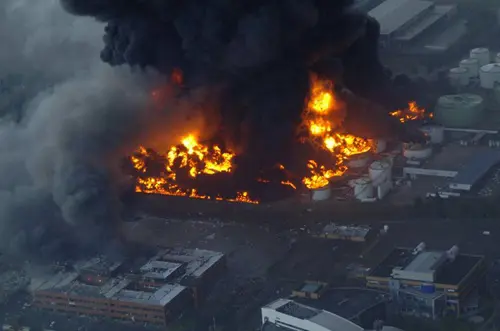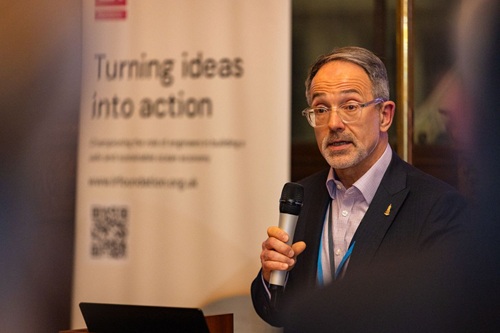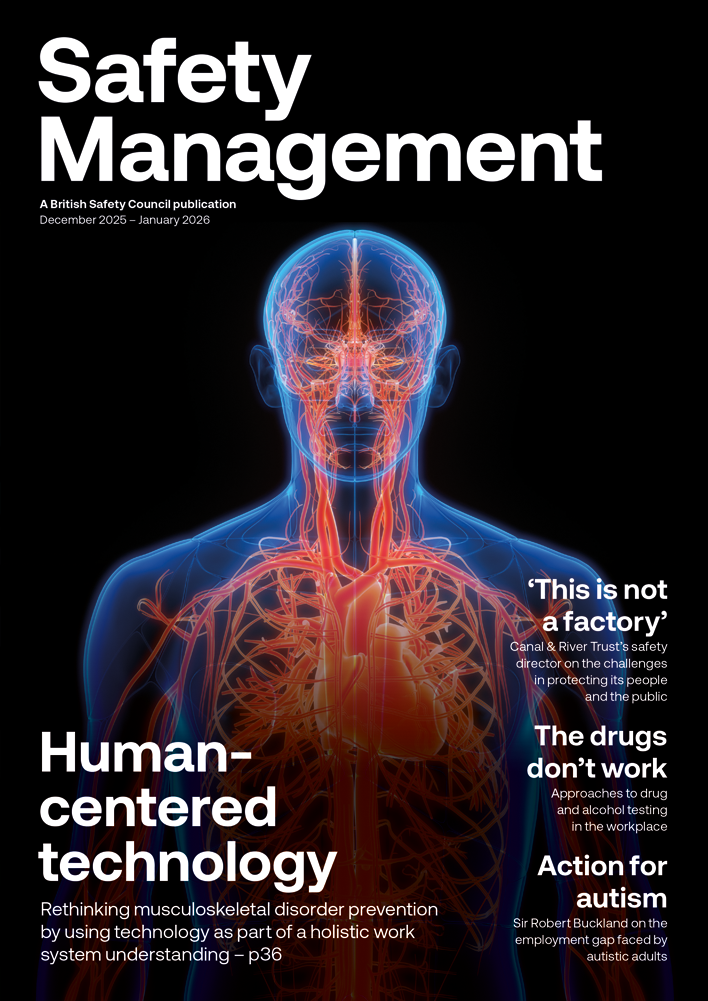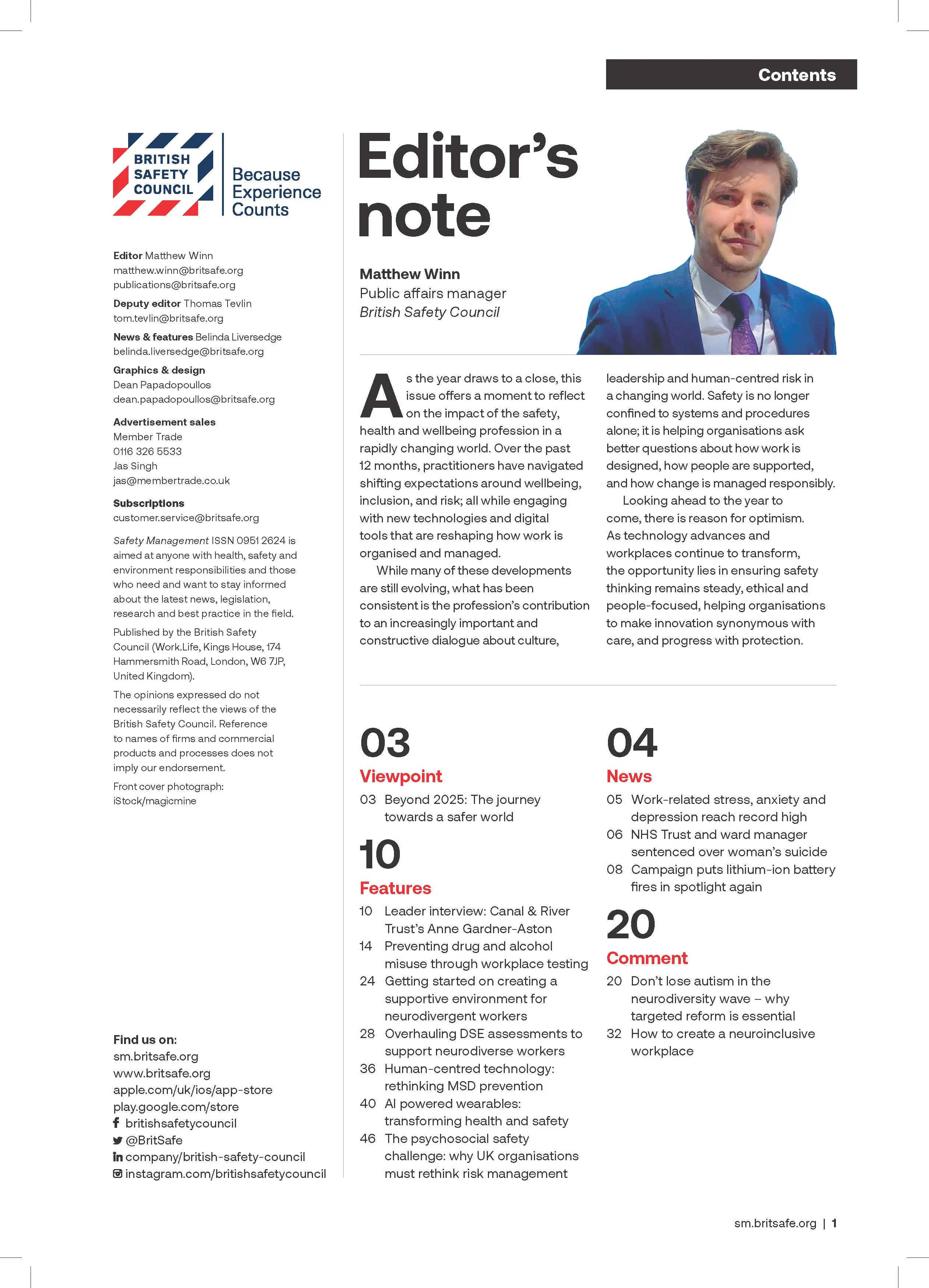Owners of sports grounds, theatres, visitor attractions and other public buildings with a capacity of more than 100 will have a new duty to protect against terrorist attacks under legislation introduced in the King’s speech.
News
King’s speech: Terrorism Bill puts new duties on owners of public buildings
The new Terrorism (Protection of Premises) Bill, also known as Martyn’s Law, is intended to deliver on the Conservative party’s manifesto commitment to improve the safety and security of public venues following the Manchester Arena attack in 2017 when 22 people died.
The duties that premises will have under the Bill – still in draft form and therefore subject to change – depend on the size of the venue.
 Venues such as Wembley Stadium, pictured, will have to take ‘reasonably practicable’ measures to reduce the risk of a terrorist attack or physical harm being caused. Photograph: iStock
Venues such as Wembley Stadium, pictured, will have to take ‘reasonably practicable’ measures to reduce the risk of a terrorist attack or physical harm being caused. Photograph: iStock
According to the speech notes published in full, there will be two tiers of venue. Premises with a capacity of 800 or above will be in the ‘enhanced’ tier, while premises with a capacity of 100 to 799 will be in the ‘standard tier’.
Hannah Burton, solicitor in charge of health and safety and regulatory matters at Pinsent Masons, said that whether businesses fall under the enhanced or standard tier, risk assessment will be a key part of their job: “What that looks like is still to be determined, but we know there will be duties on individuals.”
“These additional [duties] will need to be communicated within the business. When [employers] are looking down the line to see what’s coming, there are going to be requirements. It needs to be on their radar now.”
Currently, private sector organisations work with police to take steps to mitigate against terrorist risk on a voluntary basis. However, it has sometimes been unclear where responsibility lies, or who should pay for mitigations identified.
The government will launch a consultation on application of the duties on the standard tier venues ahead of introducing the Bill in parliament, stating the need to “strike the right balance between public protection and avoiding undue burdens on smaller premises such as village halls, churches and other community venues.”
Read the King's Speech in full with details of the new terrorism Bill here
NEWS

Buncefield explosion 20 years on: legacy continues to protect people and places, says HSE
By Belinda Liversedge on 11 December 2025
On the day of the Buncefield fire’s 20th anniversary, 11 December 2025, HSE has reflected on the ‘profound changes’ the catastrophic fire has had on the major hazards sector’s management of risk.

Lloyd’s Register Foundation’s Global Safety Evidence Centre celebrates with official launch
By Belinda Liversedge on 09 December 2025
We need to fill evidence gaps in key and emerging areas of safety, a leading voice in engineering risk management and major hazard industries has said.

Work more likely to impact on mental health for female workers, HSE stats suggest
By Belinda Liversedge on 03 December 2025
Female workers report significantly higher rates of stress compared to their male colleagues, HSE statistics show.



